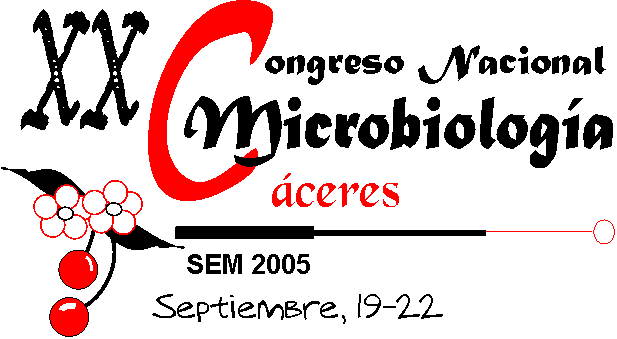
Simposio: Probióticos
Functional Genomics of Gastrointestinal tract Bacteria
Erwin G. Zoetendal1,2, Carien C. G. M. Booijink1,2, Muriel Derrien1, Hauke Smidt1,2, Michiel Kleerebezem2, and Willem M. de Vos1,2
1Laboratory of Microbiology, Wageningen University and 2Wageningen Centre for Food Sciences, Wageningen, The Netherlands
The microbial biomass in our gastrointestinal (GI) tract consists of a myriad of microbes that play an important role in health and disease. In recent years significant progress has been made in describing the GI tract microbial community based on 16S ribosomal RNA (rRNA)-based approaches. In the first place, this provided a phylogenetic framework of the more than 1,000 microbes inhabiting our GI tract. Moreover, insight was gained into the temporal, spatial and inter-individual microbial diversity in the intestine. It was observed that the host genotype plays a significant role in this complex ecosystem, indicative of specific host-microbe interactions in the GI tract. Our knowledge of the molecular and cellular bases of these interactions is still very limited. However, the explosive and still ongoing developments in the application of “omics” technologies may provide us for the first time detailed insight into these interactions at the molecular level. This overview presents the application of these novel approaches into GI tract ecology with illustrations of work performed in our and other laboratories.